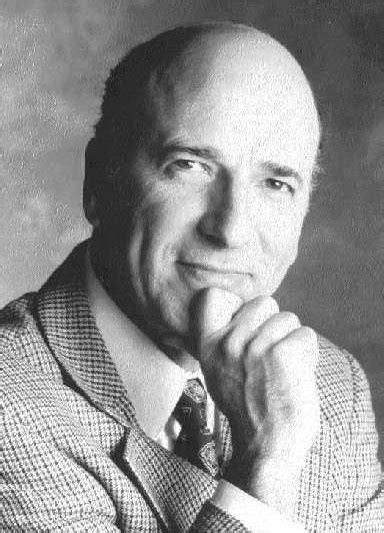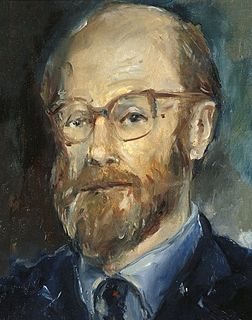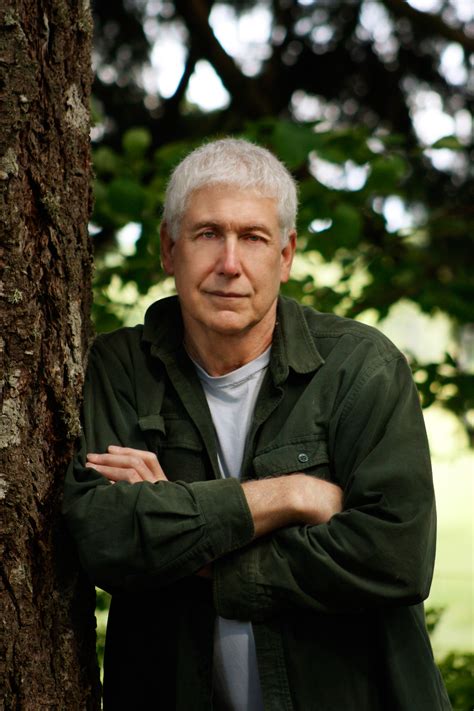A Quote by Suhayl Saadi
I no longer attempt to rationalise inexplicable phenomena; there are explanations, Horatio, but they are likely to be beyond our ken.
Quote Topics
Related Quotes
We are so far from knowing all the forces of nature and their various modes of action that it would be unworthy of the philosopher to deny phenomena simply because they are inexplicable at the present state of our knowledge. The more difficult it is to acknowledge their existence, the greater the care with which we must study these phenomena.
Our alleged facts might be true in all kinds of ways without contradicting any truth already known. I will dwell now on only one possible line of explanation, - not that I see any way of elucidating all the new phenomena I regard as genuine, but because it seems probable I may shed a light on some of those phenomena. All the phenomena of the universe are presumably in some way continuous; and certain facts, plucked as it were from the very heart of nature, are likely to be of use in our gradual discovery of facts which lie deeper still.
Westerners think that all that is negative and positive is only caused from outside of themselves. They materialize and externalize their experiences, never understanding the connection between outer and inner phenomena or interdependent phenomena, looking for explanations only from objects through nihilist habit instead of from the subjective experience of their own minds.
Those who will may raise monuments of marble to perpetuate the fame of heroes. Those who will may build memorial halls to remind those who shall gather there in after times what manhood could do and dare for right, and what high examples of virtue and valor have gone before them. But let us make our offering to the ever-living soul. Let us build our benefactions in the ever-growing heart, that they shall live and rise and spread in blessing beyond our sight, beyond the ken of man and beyond the touch of time.


































